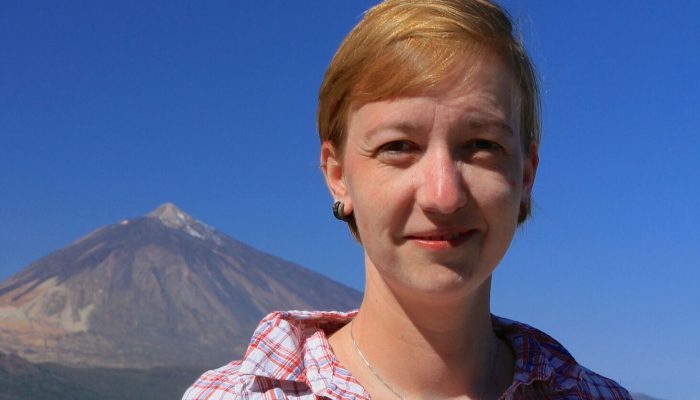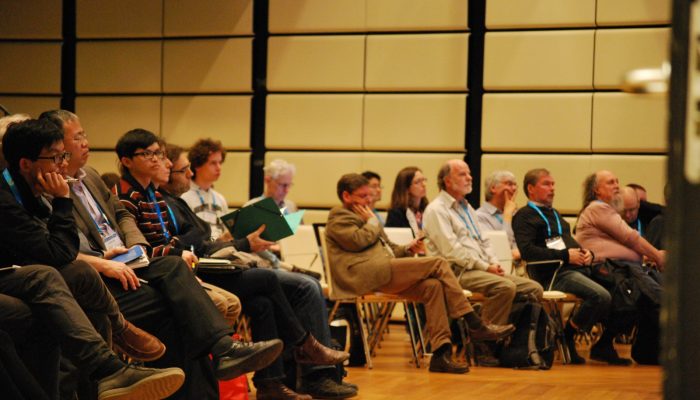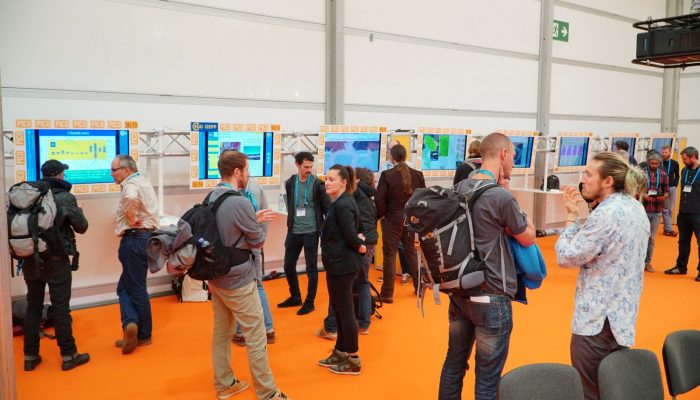Wondering what to expect at the General Assembly this year? Here are some of the highlights: Union Symposia (US) For events which will have general appeal, regardless of your field of research, look no further than the Union Symposia. The very first session, organized in collaboration with the European and American space agencies (ESA and NASA) will highlight observation missions focused on Earth ...[Read More]
Union-wide events at EGU 2018




